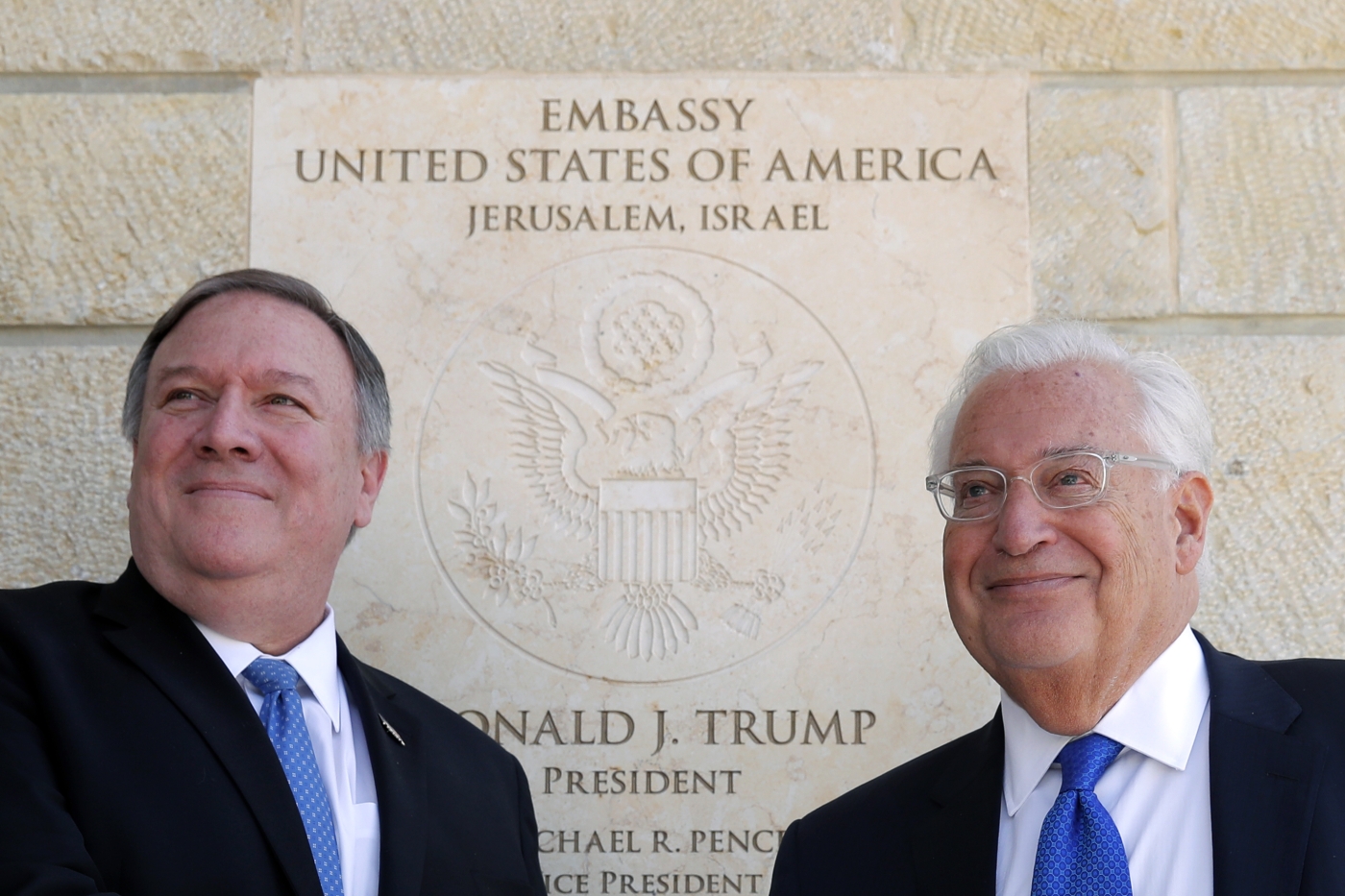- Joined
- Aug 9, 2013
- Messages
- 23,849
- Reaction score
- 14,410
Honestly, no because the British weren't indifferent to the creation of Israel. They were against it. The White Paper of 1939 makes this clear. It rejected the creation of a separate Jewish state but called for an independent Palestine run jointly by Jews and Arabs. This was Britain's government policy until the pullout.
"His Majesty's Government therefore now declare unequivocally that it is not part of their policy that Palestine should become a Jewish State."
Basically, the Brits decided by 1939 that there were enough Jews in Palestine that they had fulfilled the Balfour Declaration promise of creating a national home for the Jews. So the White Paper restricted immigration from Europe (in the face of the Nazis) and restricted land purchases by Jews from Arabs.
These aren't the actions of a nation that is indifferent or neutral.
Britain's abstention in the U.N. Assembly vote was simply calculated politics. Following the Holocaust and then Britain's decision to send death camp survivors trying to get out of Europe and into Palestine to refugee camps in Cyprus, the British couldn't possibly vote no...the shame was simply to great. On the other hand, Britain didn't want to piss off its allies - Egypt, Syria, and Iraq.
The League of Nations called for (like the Balfour Declaration) a national home for the Jewish people in Palestine. As shown above, the British definition was very different from the Israel we know today. The Israel that was established in May 1948 was very different from what the British wanted.
Just for the record (not really for you, but anybody else reading this), Israel wasn't created by the Brits, the League of Nations or the U.N. It was created by David Ben Gurion on May 14, 1948. Had it been created under the U.N. (which inherited the League of Nations mandate), our initial recognition of Israel would have been de jure rather than de facto.
You only have James VII to blame
Now we're getting deep into semantics. That area was known as Palestine and it had Jews and Arabs living in it in fairly even numbers. Now you could argue putting them together was a terrible idea but that was standard practice in the Middle East. Put groups with nothing in common except living in the same region ruled by the same empires into the same country. This is how we got Iraq and Syria. The conversation was different back then, the area was Palestine and there was a Jewish and Islam population, a separate Jewish state was just a biblical reference.
Also Palestine is referring the whole area and of course the UK and even today most people don't want the Israeli's to rule the entirety of that land. Calling Israel a Jewish state means there is no place for the other people and that is the foundation of the whole Israeli-Palestinean crisis and the insistence Israel be a Jewish state rather than a mulicultural one(you know in the US tradition) is the reasont the two solutions to the conflict have been a two state solution, or Israeli apartheid because living side by side the way the British proposed and the way they had in the Ottoman era wasn't an option.
One thing about Nazi's is people fail to understand they don't need to support genocide to be Nazi's, just think the imaginary problems that the Nazi's used genocide to solve(lack of a nation state) exist. In 1939 the UK was not aware the consequences of that action because the Nazi's didn't make it clear they were going to do the Holocaust. That policy was made with the governance and eventual partition of Palestine in mind. But we were discussing post WWII immigration when there was far less reason for Jews to immigrate to Israel. That's when Israel was created. Stopping the flow of immigrants was seen as a neutral decision because allowing the flow to continue would have seen the Jewish population vastly outgrow the Muslims and made a solution less workable. The land restriction again was because they were trying to make a two state solution or a unified state where the represenation of both groups would be key(the failure to do this in Iraq and Syria is responsible for basically everything that's happening there right now). This is the main issue with Jewish settlements today, Israeli's taking land that would constitute a Palestinian state(this time by force not voluntary exchange)is still a relevant issue even today.
Well I guess voting no would have been a PR stain. I'm saying they would have abstained regardless. Syria and Iraq weren't UK "allies" they were Israel's mandate peers. Syria ran by the French and Iraq ran by the British. The management of all three mandates were bungled and that mismanagement's consequences are a great deal of 2019's current events.
Again we are getting deeply into semantics with what is and isn't Israel or what is and isn't a Jewish state. Just saying you were making it sound like the UK was simply anti semitic when the truth was Israel-Palestine politics was a separate thing well before WWII and Jews had been mass immigrating to the region for decades interfering with the UK's goal of leaving the region to be self governed by two different groups. Whether creating a two state solution or a Jewish/Muslim Palestine, it was in the UK's interest to ease tensions and keep land holdings stable so they could fulfill their mission. Now perhaps the UK drove Muslims and Jews to be divided in the first place in the name of governance in the 1920s they'd done that elsewhere wouldn't surprise me one bit to see them screw that up but the Jews coming to Israel in the early days whose descendants constitute the lionshare of Jewish Israel(I'd imagine if I'm wrong correct me) were not refugees fleeing the Nazi's, they were Zionists who were trying to fulfill a religious agenda that said they were the rightful claimants of said territory.











